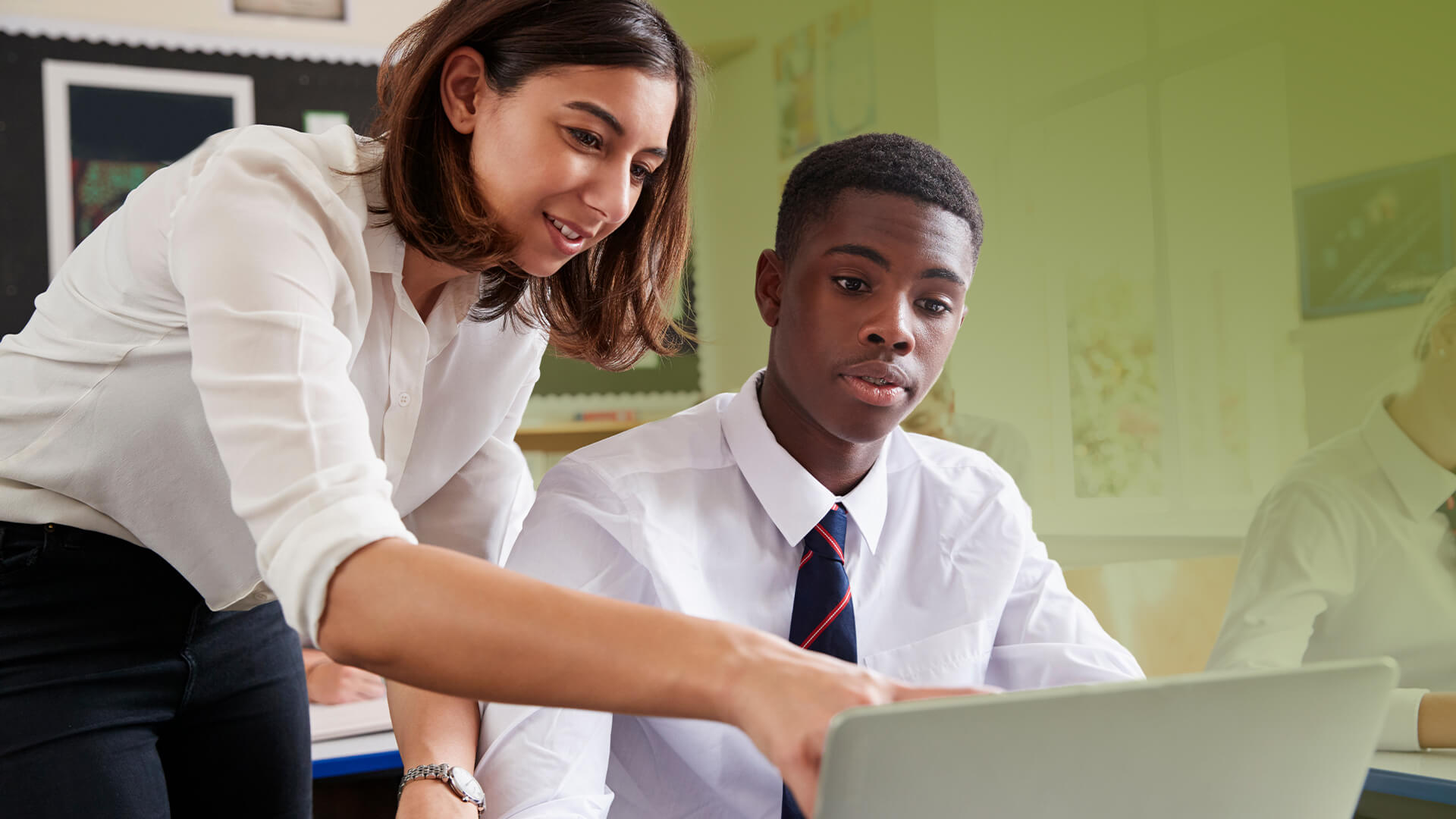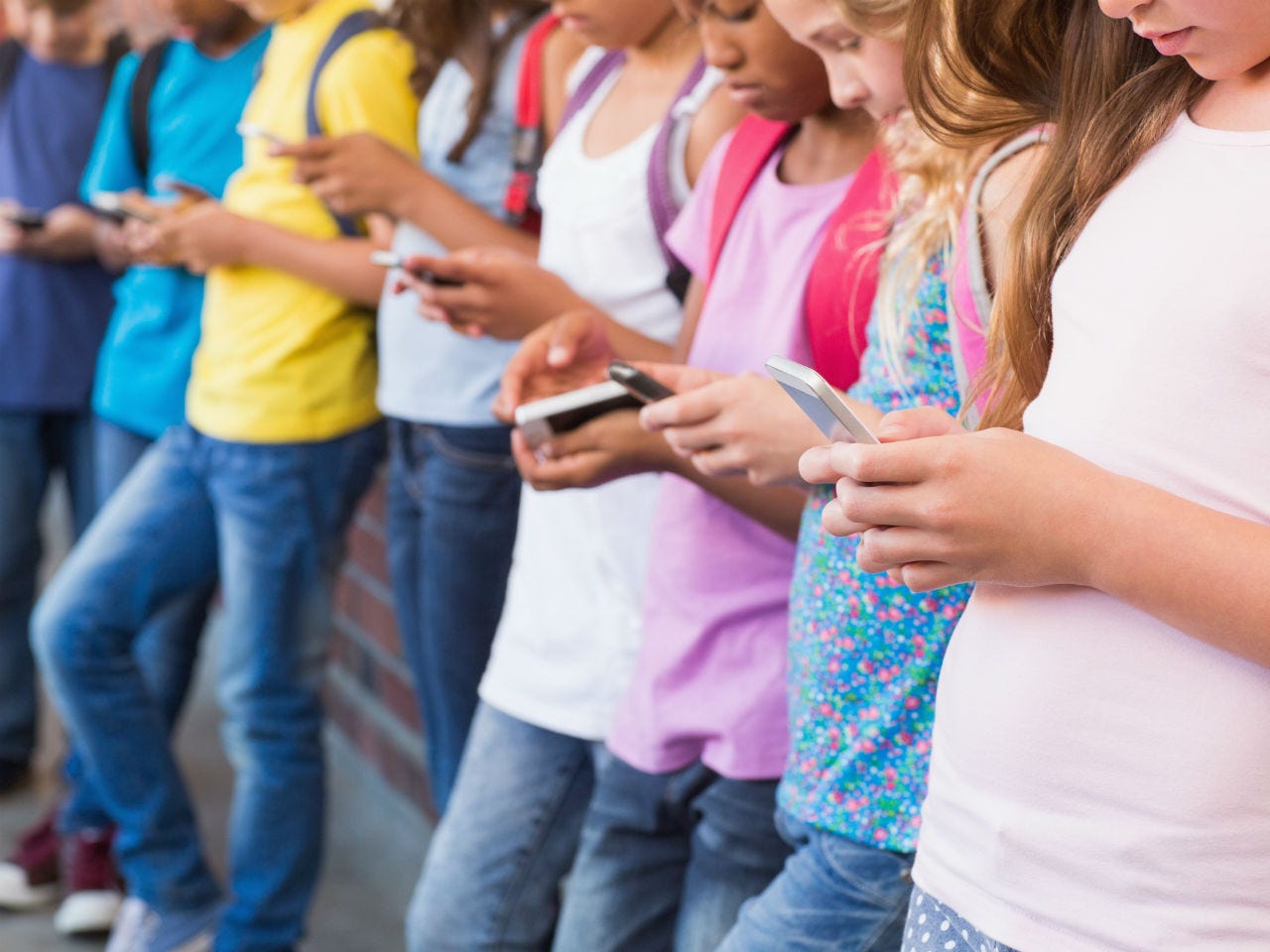
5 ChatGPT Impacts on the Education System
28 Mar, 20235 mins
The value of ChatGPT for the education system
In the last few months, there’s no denying ChatGPT has generated a lot of controversies.
Still, it’s also created a lot of value – particularly for busy and overworked employees struggling to find more time in their day.
What role fits more in this category than teachers and other workers in the education system?
5 impacts that ChatGPT could have on the education system
Historically, the education system has, for some, been an unattractive field of work.
At face-value, it sometimes promises long hours for very little pay (even in countries that value learning, like the United Kingdom and the USA).
AI could change this.
1. Work-life balance
While ChatGPT can’t exactly convince governments to increase public school budgets and pay staff more fairly, it can help a range of employees achieve a better work-life balance.
The tool can be used to write scripts, create questions for homework, and even make PowerPoints surrounding specific subjects.
These are often tasks that take place long into the night, stopping employees from going out and embracing an evening with their friends or family.
2. Classroom engagement
Whether it’s used by a university or to guide early beginners in primary school, ChatGPT isn’t only an informative tool – it’s an interesting one!
Students will become more engaged with their learning simply by interacting with the AI program. ChatGPT can pretend to be someone from history, or design a complex scenario a student can roleplay to put new knowledge into practice.
This should significantly transform retention rates, supporting the education system by producing better and better results. This’ll keep the board (and, more importantly, the parents) happy.
3. Easier research
Although professionals in the education system are already experts in their subject matter, that doesn’t mean additional research isn’t required.
Rules change over time and it seems like ChatGPT could streamline the development of knowledge for everyone.
The tool has access to an incredible amount of information, which it compiles into a digestible and understandable format. When clarification is needed, rather than trawling through hundreds of different results, ChatGPT can help.
“ChatGPT provides users with well-researched and articulated human-like responses to their text-based queries.” - India Times
4. Quality submissions
Every teacher will have a horror story about an essay or assignment that they were miserable working their way through.
Whether it’s because the content of the work was incorrect or the standard could have been improved, marking can be a time-consuming and challenging task.
With students starting to use ChatGPT to create the “base” of their essays (before making additional edits), the groundwork for quality submissions has been set.
5. Life skills
Whether the industry is ready to embrace the evolving digital world or not, we can all admit that the education system certainly isn’t perfect.
It tends to only focus on academic intelligence, rather than savvy “street smarts”.
Luckily, the use of ChatGPT in the classroom could teach fundamental skills. Not only will students become more proficient with technology, but it seems like talking to the AI tool guides users to be better communicators.
Alongside this, students will also develop their problem-solving and critical-thinking capabilities, looking through the content generated and making their own adjustments.
What’s not to love?
“ChatGPT is beneficial because it can help with tasks such as natural language processing and understanding, which can improve communication and productivity in various industries.” - Castanet
Is ChatGPT going to harm the education system?
With concerns rising about students completing homework through ChatGPT and submitting it without a second glance, it makes sense that professionals are worried about its lasting impact.
The essays and assignments submitted throughout the year might be perfect with very little additional guidance required, but, when it comes to taking the in-person tests in an exam hall… the student could face a big challenge.
This is a very viable risk. In this sense, there is a potential for ChatGPT to cause harm – giving teachers an inaccurate understanding of where their students’ strengths and weaknesses lie.
Thankfully, there is an answer.
How to use ChatGPT positively in the education system
Rather than fighting against student curiosity to use ChatGPT, the industry should embrace it.
Teachers should educate students that they can’t always expect a perfect answer to be generated and personal input will still be required.
Over time, students will learn that the best results are produced by a collaboration with ChatGPT, not a reliance on it. As such, they can engage with their personal development and excel as a student.
Recruiting through OHO
As the education system continues to adopt new technologies and adapt to the evolving climate, onboarding technologically-savvy employees should be a priority.
That’s where OHO comes in.
We pride ourselves on being the meeting place where exceptional talent can connect with fantastic opportunities. We’re excited to be driving UK and US innovation. Where there’s a plan, we have the people.
We’re an established and respected consultancy that offers a range of specialist services to a broad spectrum of clients and candidates within the ecommerce, IT, electronic engineering, finance and consultancy sectors.

